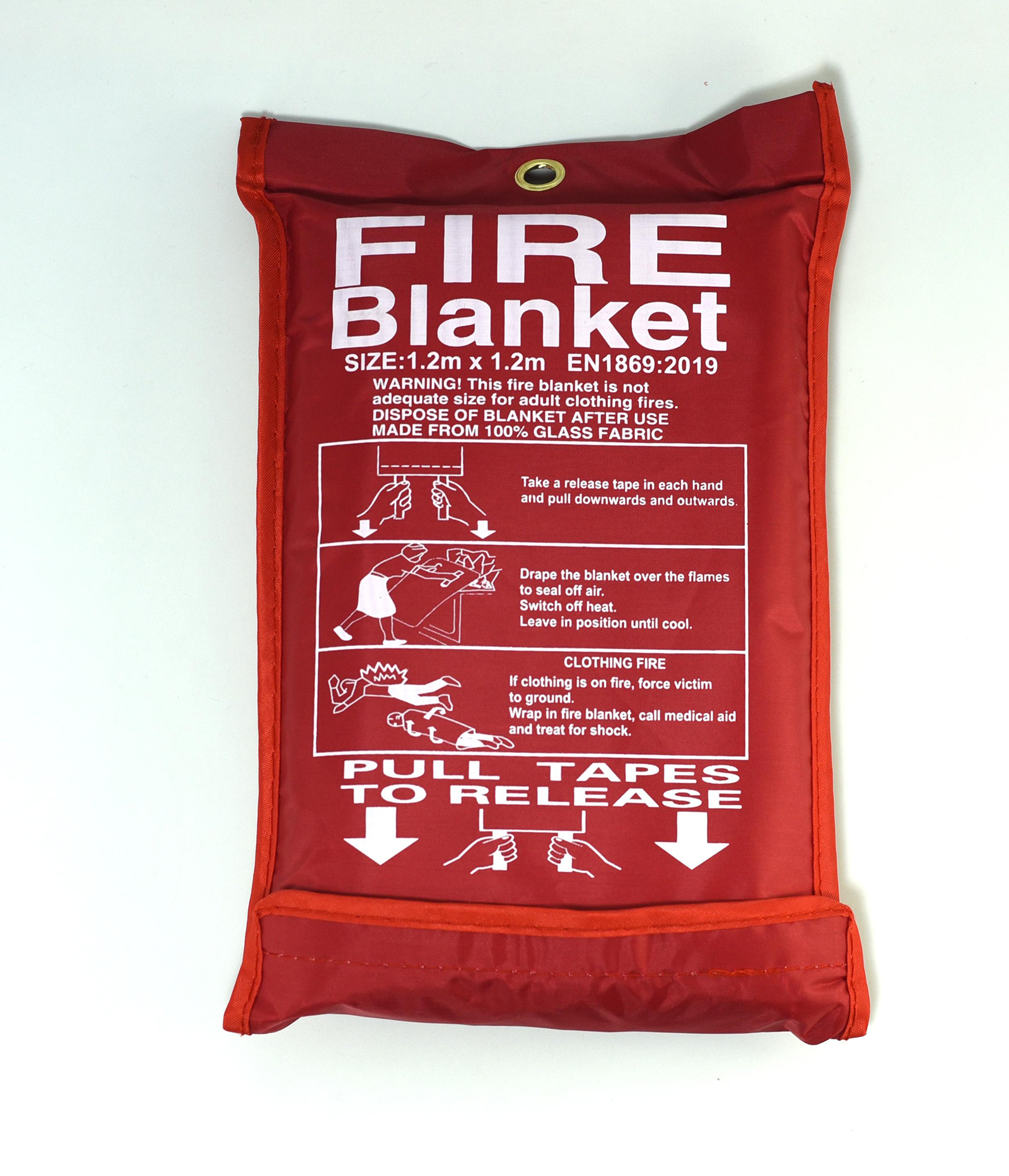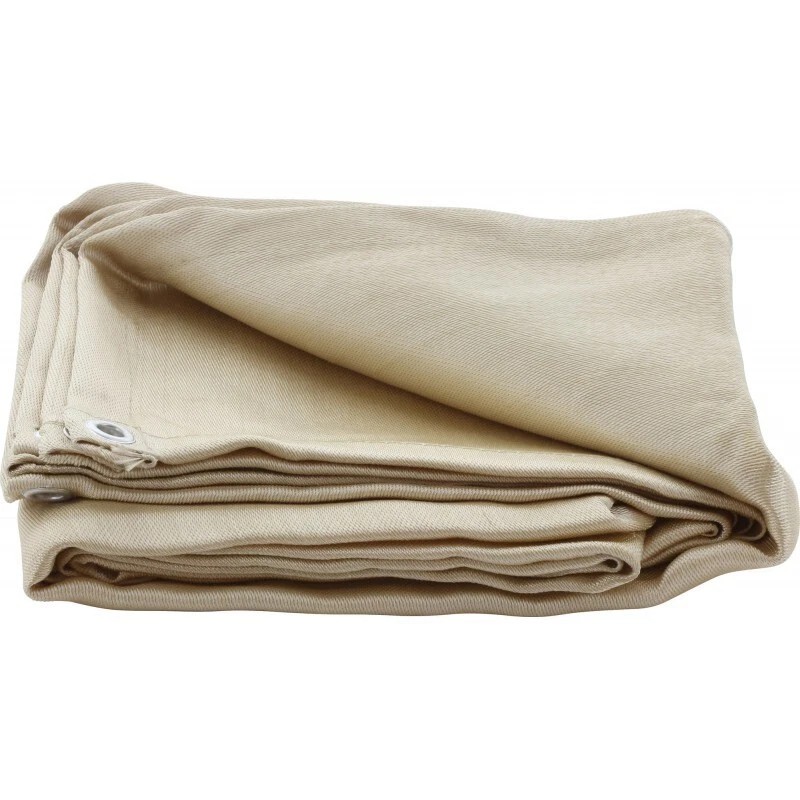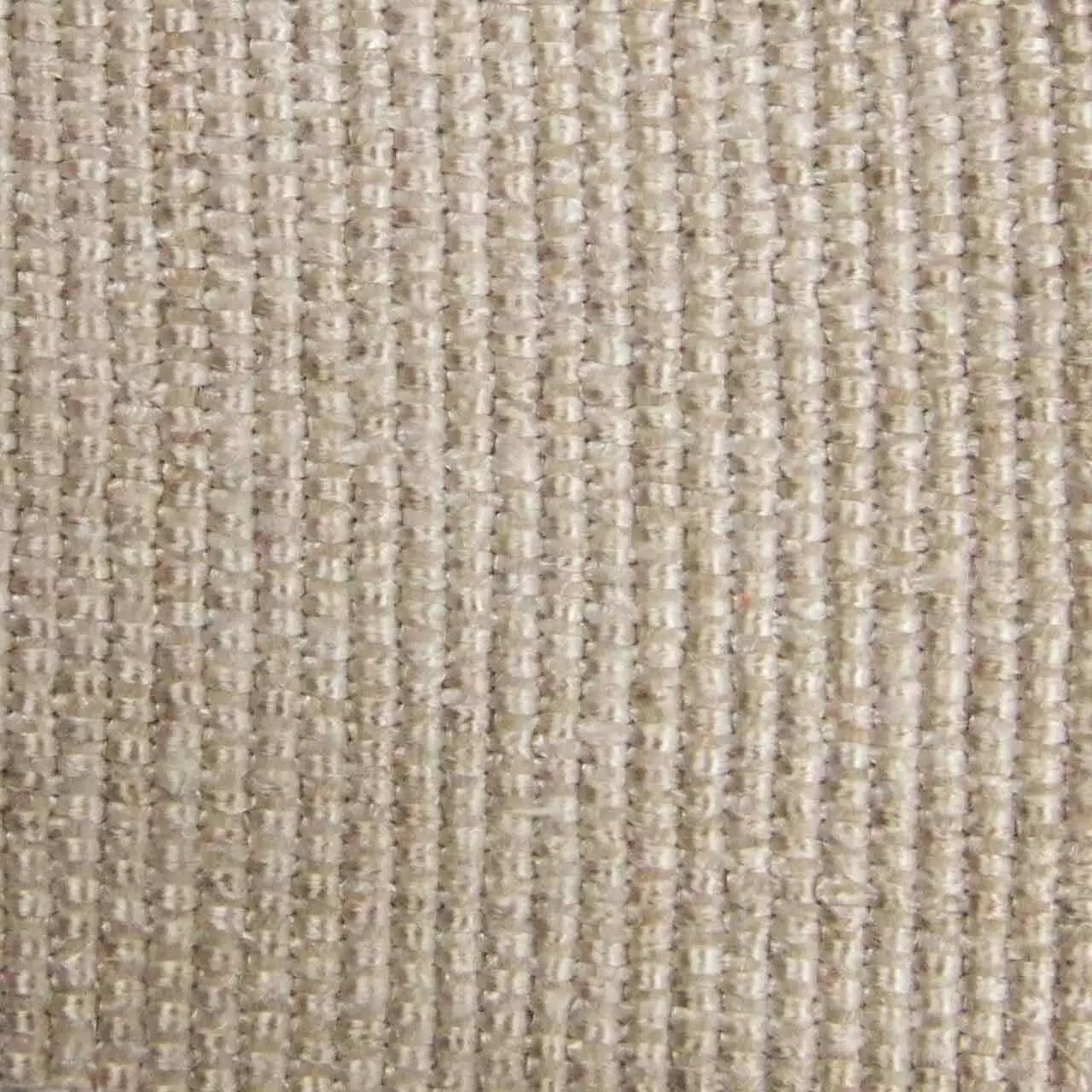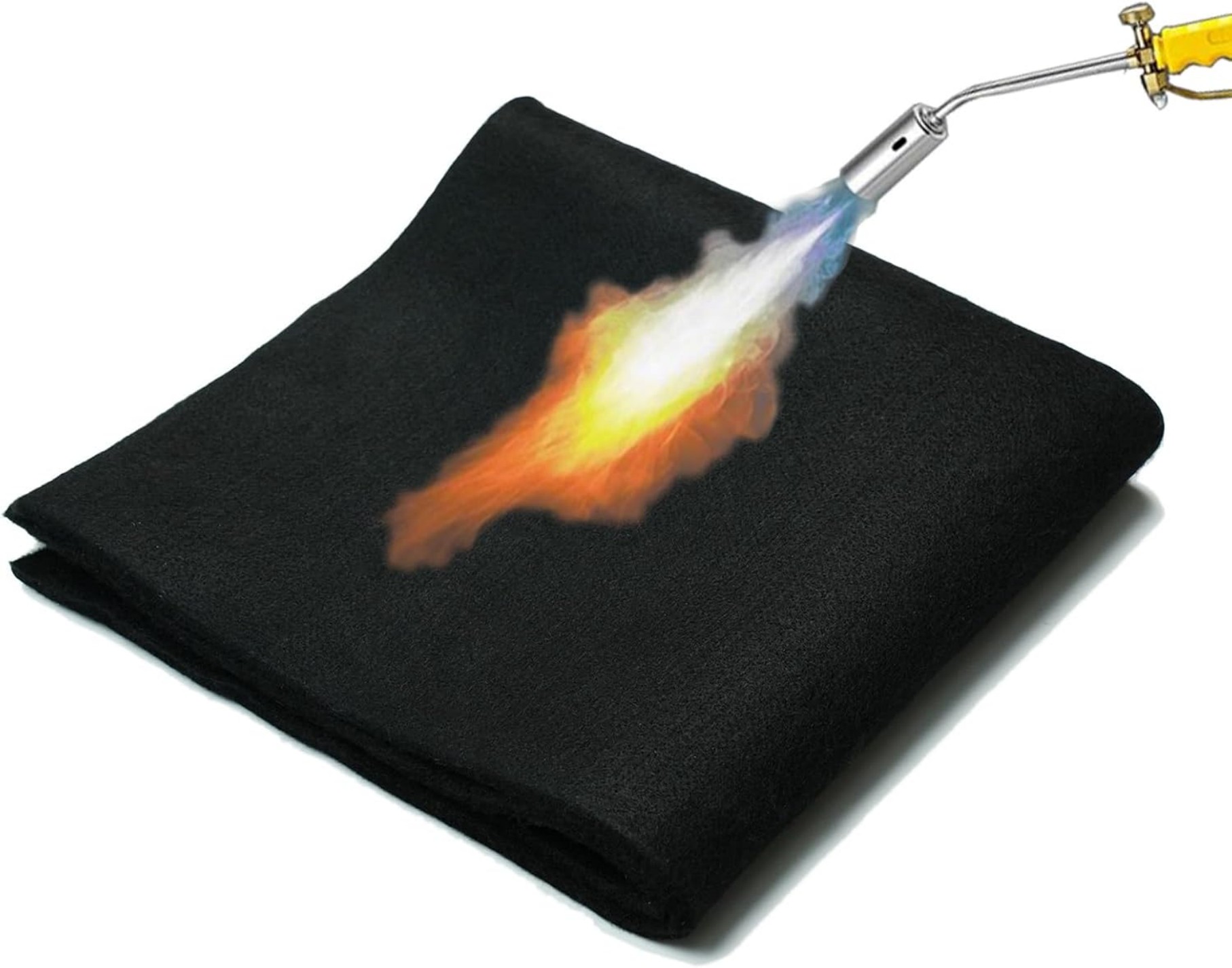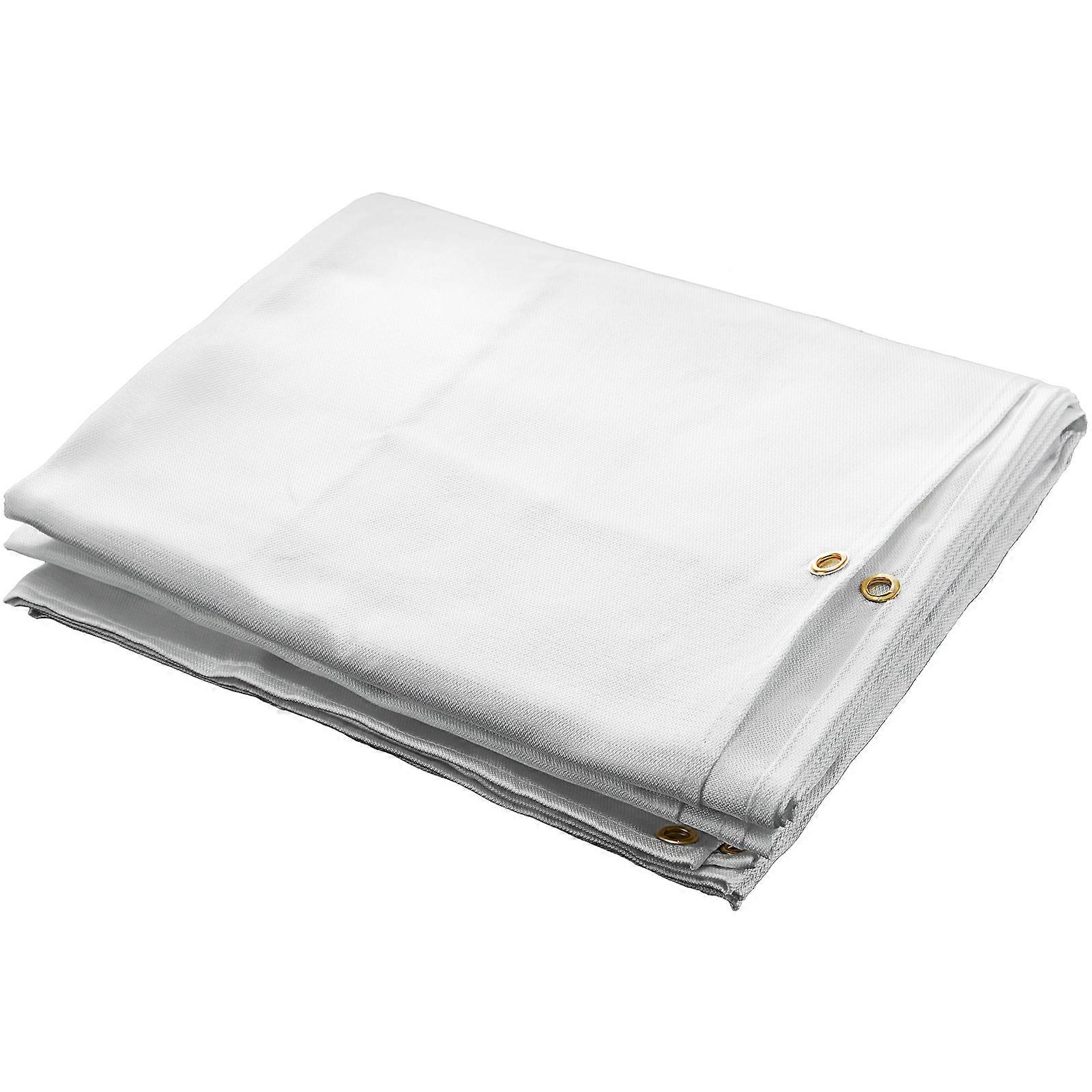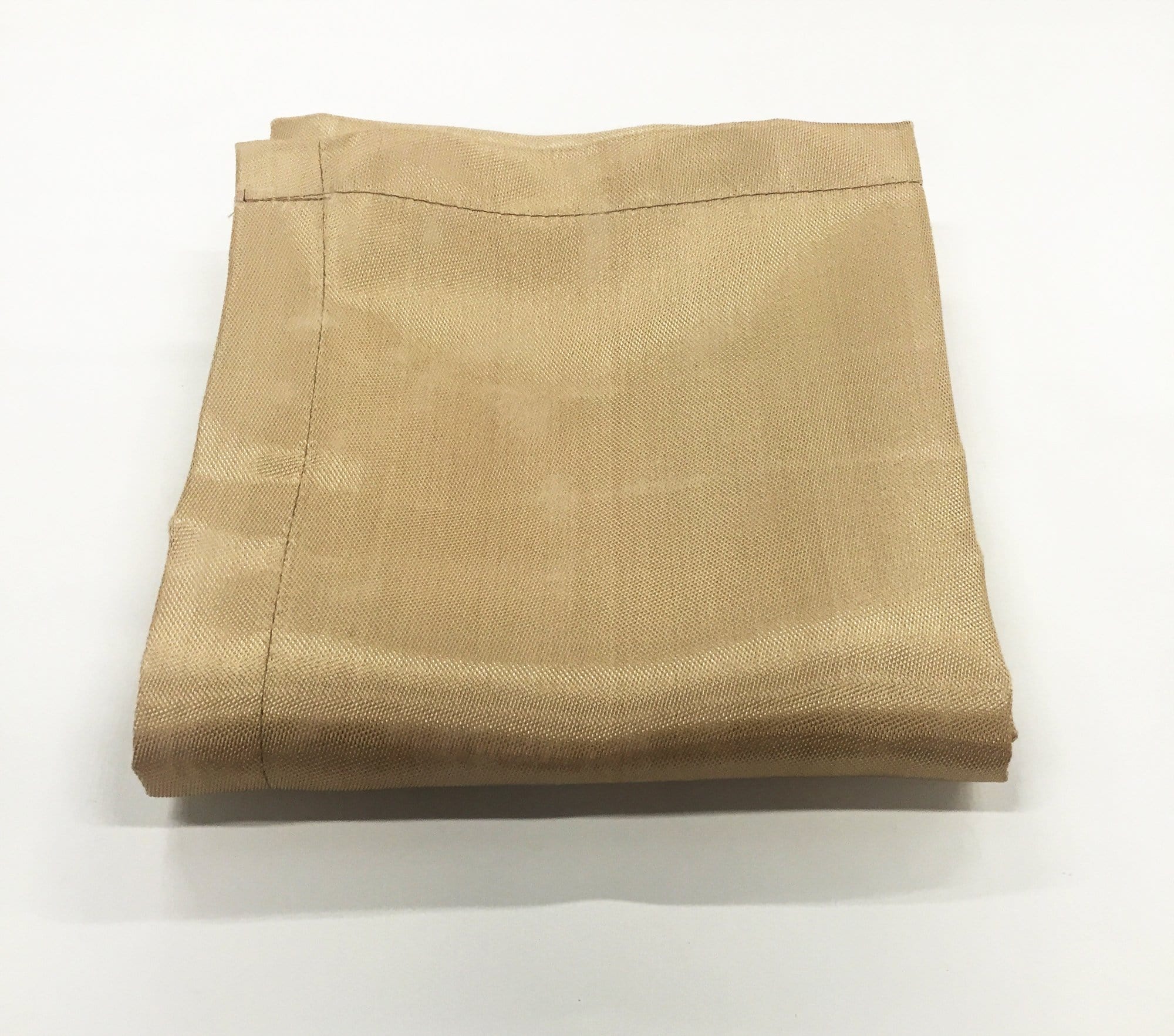Safe Fire Blankets Without Fiberglass Splinters for Home & Kitchen
Summary:Fire blankets without fiberglass splinters provide safer fire protection by eliminating harmful fiber particles while maintaining effectiveness. This guide explains their advantages, materials, proper use cases, and how they differ from traditional fiberglass blankets.
Why Choose a Fire Blanket Without Fiberglass Splinters?
Traditional fire blankets often contain fiberglass, which can release tiny splinters during use. These splinters may cause skin irritation or respiratory issues. A fire blanket without fiberglass splinterssolves this problem while offering the same fire suppression capabilities.
You'll appreciate these blankets for:
- Safer handling with no irritating particles
- Reduced health risks during deployment
- Easier cleanup after use
- Better suitability for homes with children or pets
How Do Fiberglass-Free Fire Blankets Work?
These blankets work on the same principle as traditional ones - they smother fires by cutting off oxygen. The difference lies in the materials:
Instead of fiberglass, quality fire blankets without fiberglass splintersuse materials like:
- Wool treated with fire-resistant chemicals
- Silica-based fabrics
- Advanced ceramic fibers
- Special polymer coatings
These alternatives provide excellent heat resistance (typically up to 900°F/482°C) without the drawbacks of fiberglass particles.
Best Uses for Non-Fiberglass Fire Blankets
These safer blankets are ideal for:
1. Kitchen Fires
When dealing with grease fires, you want quick access to protection without worrying about fiberglass contamination near food preparation areas.
2. Childcare Facilities
Schools and daycares benefit from fire blankets without fiberglass splintersbecause children's sensitive skin won't be exposed to irritants during fire drills or actual emergencies.
3. Workshops
In spaces where you might already deal with dust and particles, eliminating fiberglass splinters makes for a healthier work environment.
How to Properly Use Your Fire Blanket
Even with safer materials, proper technique matters:
- Pull the blanket from its container by the tabs
- Hold the blanket like a shield between you and the fire
- Place the blanket gently over the flames
- Leave it in place until completely cool
- Never attempt to reuse a deployed blanket
Maintenance and Storage Tips
To keep your fire blanket without fiberglass splintersready:
- Store in its original container or a dry, accessible location
- Check expiration dates (typically 5-7 years)
- Inspect annually for damage or moisture
- Replace if the blanket shows signs of wear
Frequently Asked Questions
Are fiberglass-free blankets as effective?
Yes, when properly certified (look for UL or EN standards), they provide equivalent fire protection without the health concerns.
Can I wash my fire blanket?
No. Fire blankets are single-use devices. Washing would compromise their fire-resistant properties.
Where should I place fire blankets in my home?
Install them near fire risks - kitchens, workshops, fireplaces - but not so close that you can't safely reach them during a fire.
Conclusion
Choosing a fire blanket without fiberglass splintersgives you effective fire protection while eliminating health concerns from airborne particles. Whether for home, business, or institutional use, these safer alternatives provide peace of mind along with reliable performance in emergency situations.
